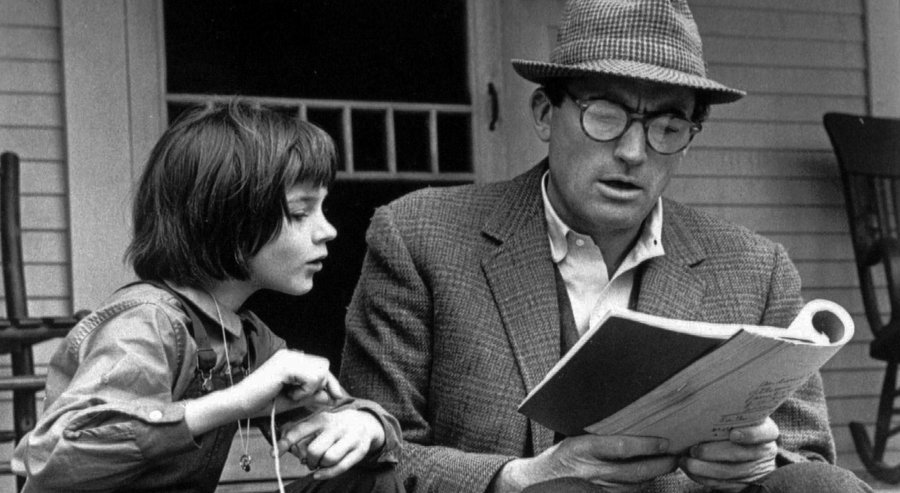Harper Lee’s book, To Kill a Mockingbird, touched many people’s lives. Some remember the book for its endearing female lead character, Scout. Others remember it for the way it chronicled the issues of racism and discrimination through Scout’s perspective. Students and faculty at Georgia Southern took the time to reflect on what TKAM means to them.
To Kill a Mockingbird is perhaps a more idealistic take on the intricate nature of small-town life and racial relations. Dr. Caren Town, a literature professor at GSU, said that the book seems to have had a positive effect on young women, especially those who have grown up in the South. Much of the book’s praise center around its depiction of racism in the South and of Atticus as a hero figure.

“For a lot of young people, especially women, Atticus becomes this ideal man. He’s the father who’s always strong, always wise, who’s always right and does the right thing. Atticus is presented as existing outside the culture and he is able to transcend the culture,” Dr.Town said.
Dr. Town said that the book has a sad core center at its center, in that Tom Robinson, the man Atticus defended, was found guilty and ends up dying. However, toward the end of TKAM, the mysterious character Boo Radley is unveiled. Radley was perceived to be wicked by the town, but is redeemed after saving Scout from being attacked.

He added, the events with Boo Radley help give the book a happy ending, something for readers to look forward to after the sad events with Tom Robinson. The ending also fits the genre of To Kill a Mockingbird, which is young adult fiction. Typically, young adult novels have happy endings. As To Kill a Mockingbird has cemented an iconic narrative into American culture, so too are aspiring writers on campus learning to create that kind of narrative.
Two students in the GSU Writing Guild shared how the book has impacted them as readers and writers. Orenthal Spence, a sophomore film and writing major said, “To Kill a Mockingbird was my first big boy book. Before that, I was reading stuff like Captain Underpants and Maximum Ride. To Kill a Mockingbird made me serious about reading and made me aware of actual literature.”

Aleyna Rentz, a junior writing major, draws upon Harper Lee for part of her writing style. She would open up To Kill a Mockingbird to a random page whenever she had writing block and needed inspiration.
“If I found a sentence that I liked, I would try to emulate it or sometimes, I would even copy the sentence and replace the names with the characters in my own book,” Rentz said.
Rentz also shared a quote from the book that has stayed with her. During a conversation with Scout, Atticus said,“Just because we were licked a hundred years before we started is no reason for us not to try to win.” Rentz took that to mean that whenever something is difficult, one should keep trying anyways.
Harper Lee’s book contributed to social culture in America as much as it did literary culture. To Kill a Mockingbird is remembered as part of a much larger cultural movement that addresses the complex problems of racism and discrimination in the United States. Fifty-six years later, the book has ‘staying power’ in American culture because the movement for widespread inclusion and acceptance is ongoing. Many who have read this classic American novel have expressed their hopes that we can learn from the character of Atticus, and together, be the counterculture to racism and discrimination on our campus, in Georgia and beyond.
Photos: courtesy of To Kill a Mockingbird, the 1962 film




